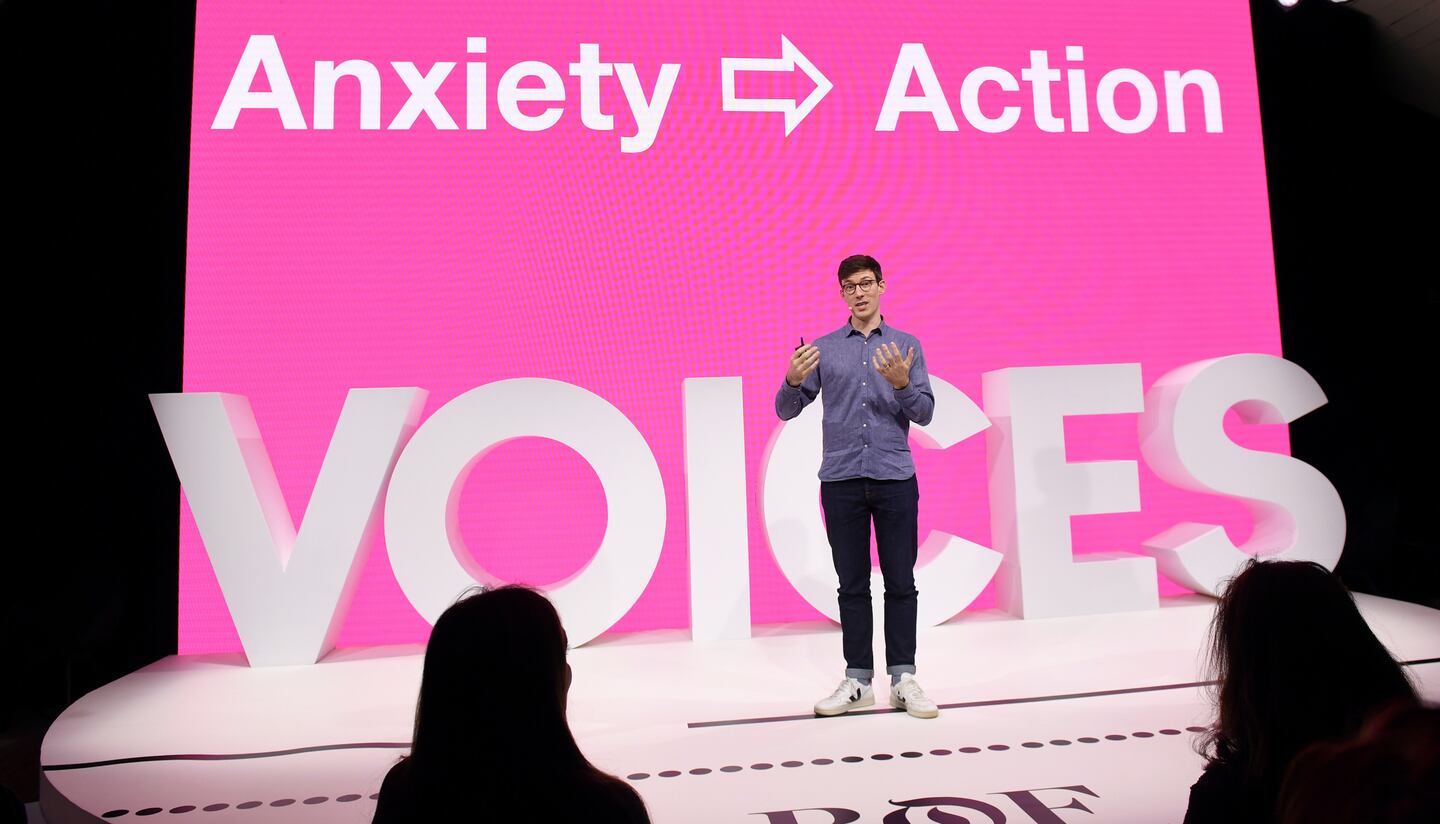
The Business of Fashion
Agenda-setting intelligence, analysis and advice for the global fashion community.

Agenda-setting intelligence, analysis and advice for the global fashion community.

OXFORDSHIRE, United Kingdom — Hayden Wood is on a mission to revolutionise the way people consume their energy.
After a career as a management consultant, he decided to leave corporate life for entrepreneurship, co-founding renewable energy start-up Bulb in 2015 with Amit Gudka. Based in London, the B-Corp certified company has grown into one of the UK’s biggest green energy providers, boasting over 1.5 million customers.
As Woods was gearing up to launch Bulb, he found that the public were generally disengaged with their energy providers, a result of bad customer service, high prices and a lack of transparency around how energy bills are calculated. Many people wanted to buy renewable energy but saw it as a premium product costing much more than regular suppliers.
"The real challenge here is we have to balance these two forces: we have a lot of anxiety about climate change, but on the other hand, people don't know what to do," said Wood on stage at BoF VOICES.
ADVERTISEMENT
He saw an opportunity to employ technology in order to democratise renewable energy. For example, many back-office operations are automated, allowing the company to operate much more efficiently than traditional energy companies.
“Being that efficient has meant we can make renewable energy a lot more affordable for everyone,” said Wood. “We can supply it for less than the fossil fuel companies we’re competing with.”
There are steps everyone can take to help reduce their carbon footprint, advised Wood: start by switching to a renewable energy supplier; consider everyday behaviours, such as what you eat and how you travel, as these tasks impact individual carbon emissions; and offset behaviours that can't be changed.
The purchase of carbon offsets (a strategy adopted by a host of recent fashion companies), while controversial, can help protect our rainforests, he said.
To learn more about VOICES, BoF's annual gathering for big thinkers, visit our VOICES website, where you can find all the details on our invitation-only global gathering.
Traces of cotton from Xinjiang were found in nearly a fifth of samples from American and global retailers, highlighting the challenges of complying with a US law aimed at blocking imports that could be linked to forced labour in China.
The fashion industry continues to advance voluntary and unlikely solutions to its plastic problem. Only higher prices will flip the script, writes Kenneth P. Pucker.
The outerwear company is set to start selling wetsuits made in part by harvesting materials from old ones.
Companies like Hermès, Kering and LVMH say they have spent millions to ensure they are sourcing crocodile and snakeskin leathers responsibly. But critics say incidents like the recent smuggling conviction of designer Nancy Gonzalez show loopholes persist despite tightening controls.